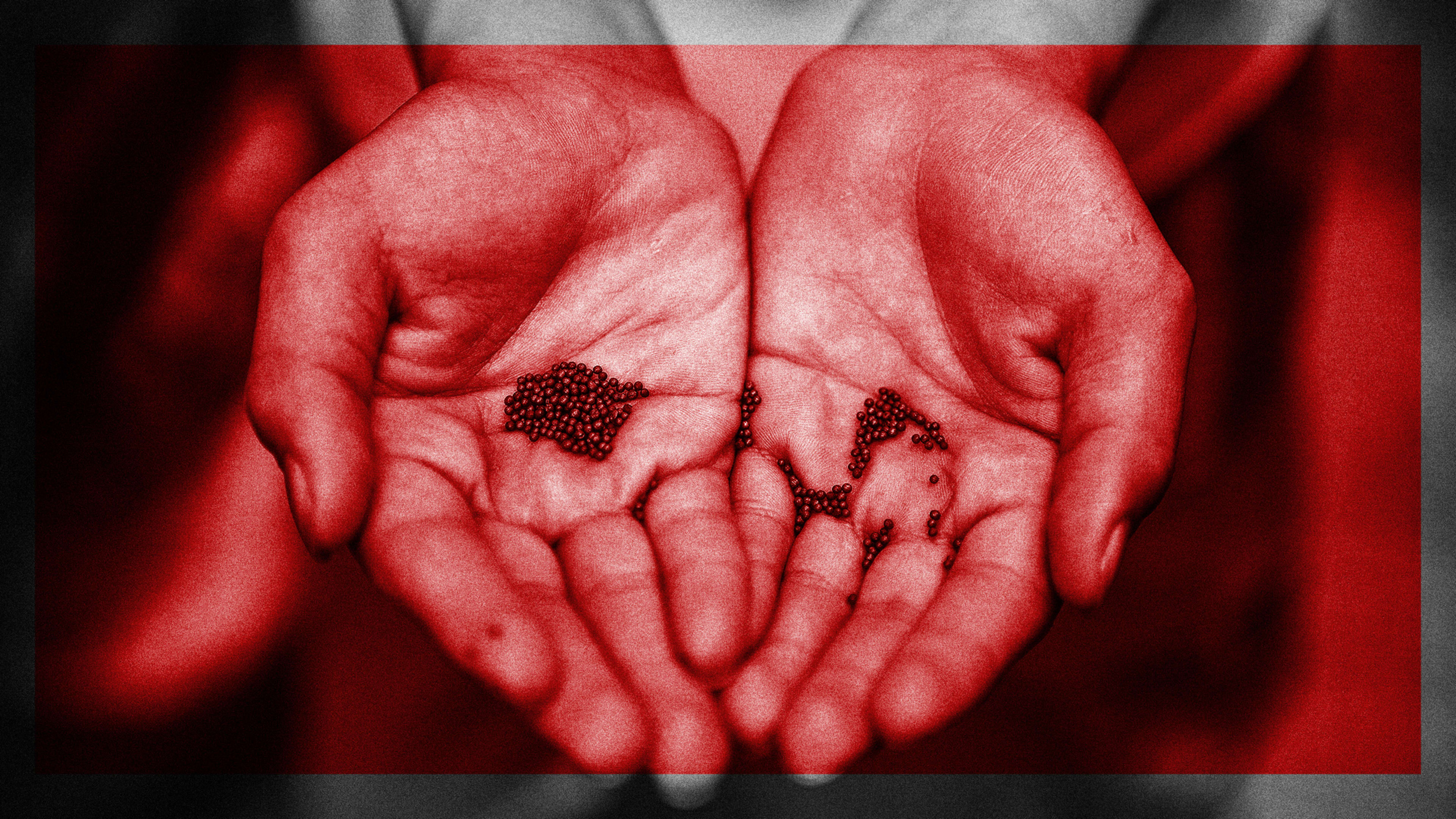Last week news spread that Americans were randomly receiving packages of mystery seeds sent from China in the mail. The unknown seeds caused alarm among both the recipients and the United States government. Worst-case scenario: The seeds were some kind of bioterror threat. Plant them and who knows what would spring up. Or, more likely: The seeds are part of a brushing scam.
This type of scam is where sellers send out unsolicited items in order to help boost their ratings on sites like Amazon and eBay. However, while authorities are still unsure what the motive is behind the seeds, they have released more information about their investigation, reports Business Insider.
Most importantly, the U.S. Department of Agriculture has said they’ve identified 14 species of the seeds collected and say they are varieties of herbs and other plants. “We have identified 14 different species of seeds, including mustard, cabbage, morning glory, and some of the herbs like mint, sage, rosemary, lavender, then other seeds like hibiscus and roses,” Osama El-Lissy, a USDA administrator said.
Other findings reveal that the mystery seed packages have now shown up in all 50 states (last week it was only 29). The packages are marked as coming from China, but they are also mislabeled as well. Labels on some of the packages say they contain jewelry when they actually contain the mystery seeds.
On July 29, El-Lissy said there was “no evidence of the seed packets being anything but a so-called ‘brushing’ scam,” which should be a relief to recipients. However, the USDA is still warning anyone who receives the seeds not to handle or plant the seeds, and to store them in a safe place where pets and children can’t access them. Recipients of the seeds should still contact the USDA to report them immediately.
Recognize your brand’s excellence by applying to this year’s Brands That Matter Awards before the early-rate deadline, May 3.
